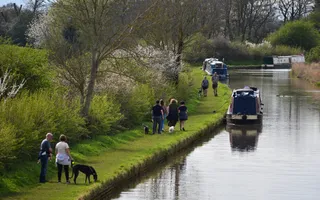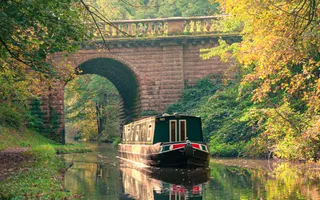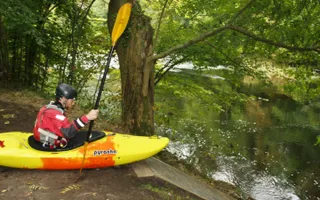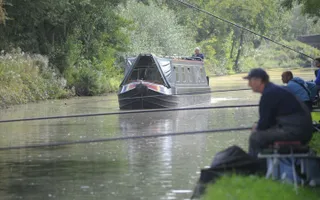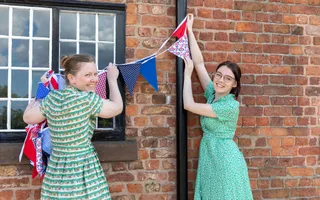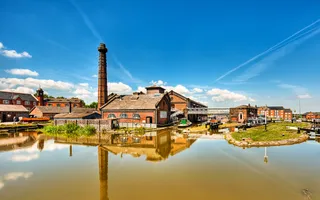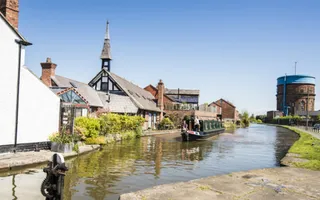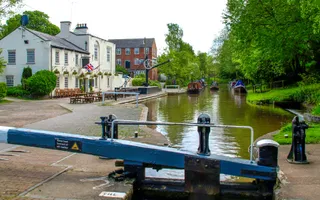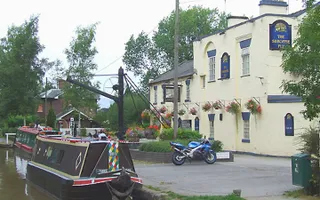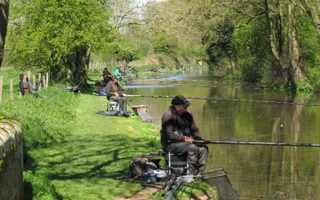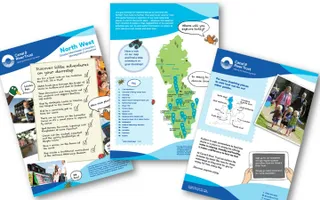The northern section is a wide waterway, following the gently rolling Cheshire landscape. The arrow-straight southern section has a character all of its own, which comes from being built in the twilight of the canal age. Long embankments, cuttings and grand bridges were developments of the railway age, and allowed the canal to have fewer locks. The deep, moss-grown cuttings are atmospheric and full of wildlife, and you can often spot herons and kingfishers.
Free guides for fun days out
Download our free guides - over 100 places to visit


